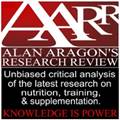By Chris and Eric Martinez
June 2014-
Introduction
The term “processed foods” carries a strong negative connotation similar to the term “cheat meals” or “dirty foods.” Much of this slander doesn’t have scientific evidence to back it up. It’s usually spawned from hunches and hearsay. These oversimplifications seem to be self-perpetuating since people rarely dig further into the details, definitions, and wide-ranging applications of food processing. To process food means to use a series of mechanical or chemical operations to change or preserve it. A review by Floros et al1 described processing as one or more of a range of operations, including:
– Washing
– Grinding
– Mixing
– Cooling
– Storing
– Heating
– Freezing
– Filtering
– Fermenting
– Extracting
– Extruding
– Frying
– Drying
– Concentrating
– Irridating
– Microwaving
– Packaging
There are a multitude of foods in the diet like bread, cheese, beer, and wine that are highly processed, yet aren’t looked at as “processed” foods by consumers. By the way, it’s true that in some cases processed foods create problems, specifically in cases of abusing and overconsuming highly refined food products while neglecting whole and minimally refined foods. However, food technology has also contributed significantly to the improvement of human health and specifically the ability to optimize nutrition for populations such as:
– Infants
– Pregnant mothers
– People with food allergies
– Athletes
– The elderly
To read the full article, you must subscribe to Alan Aragon’s monthly Research Review. It is only $10 per month and it is a ton of content regarding the latest research and commentary on nutrition, training, and supplementation. If you aren’t already a subscriber, we can’t say enough good things about Alan’s research review and encourage you to please subscribe!

